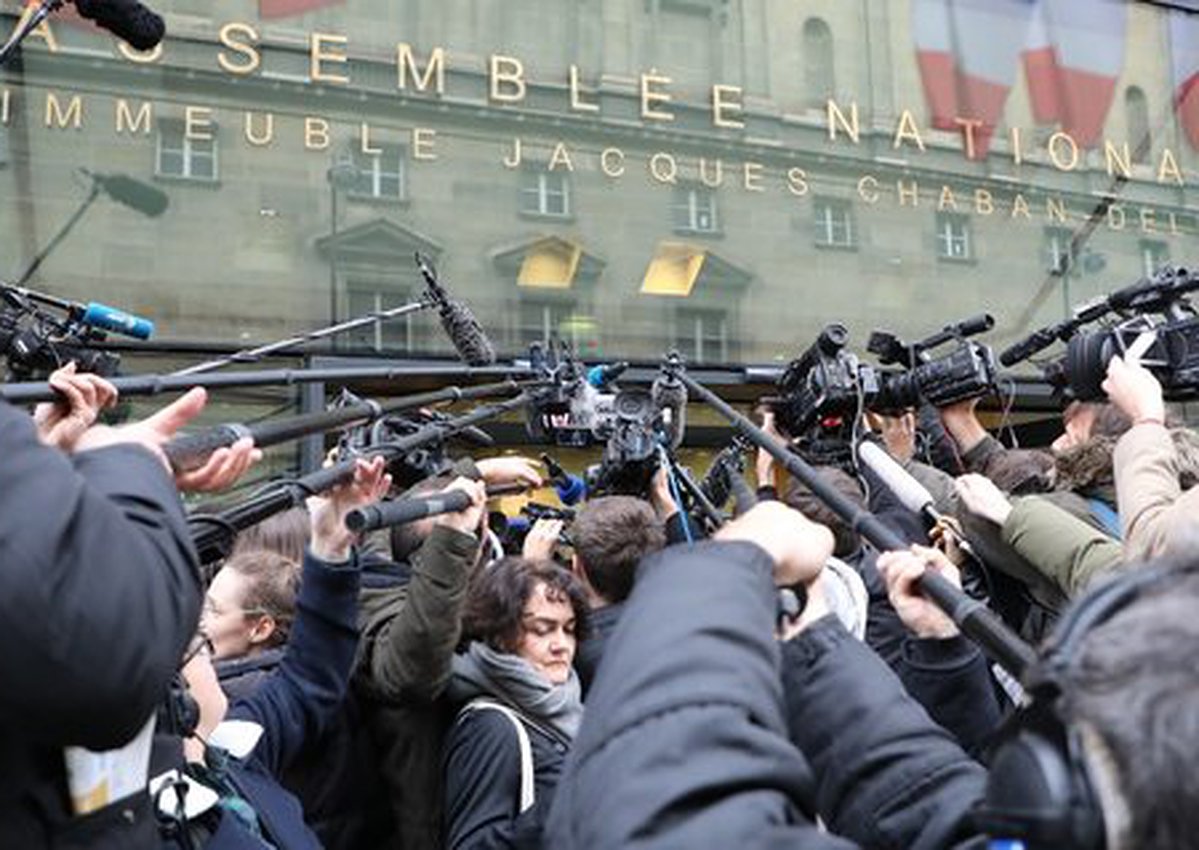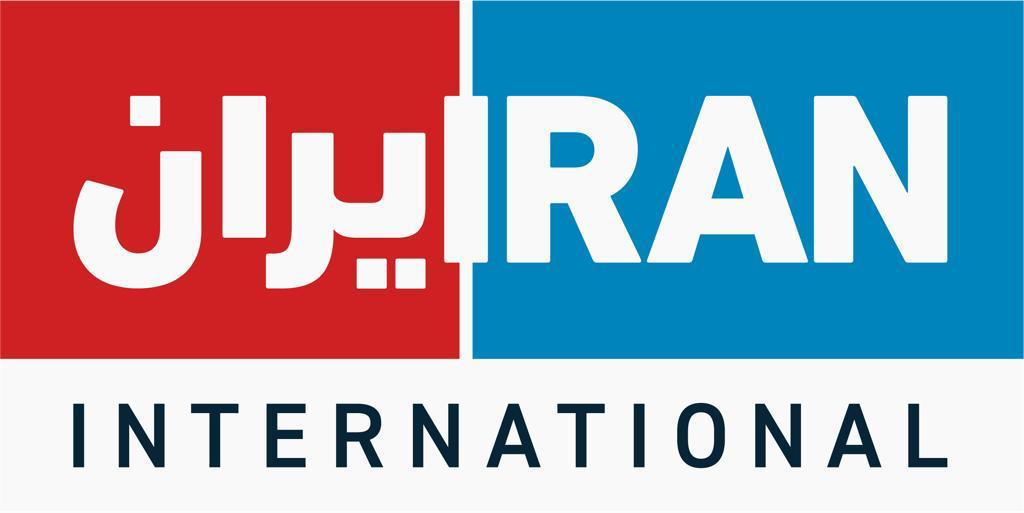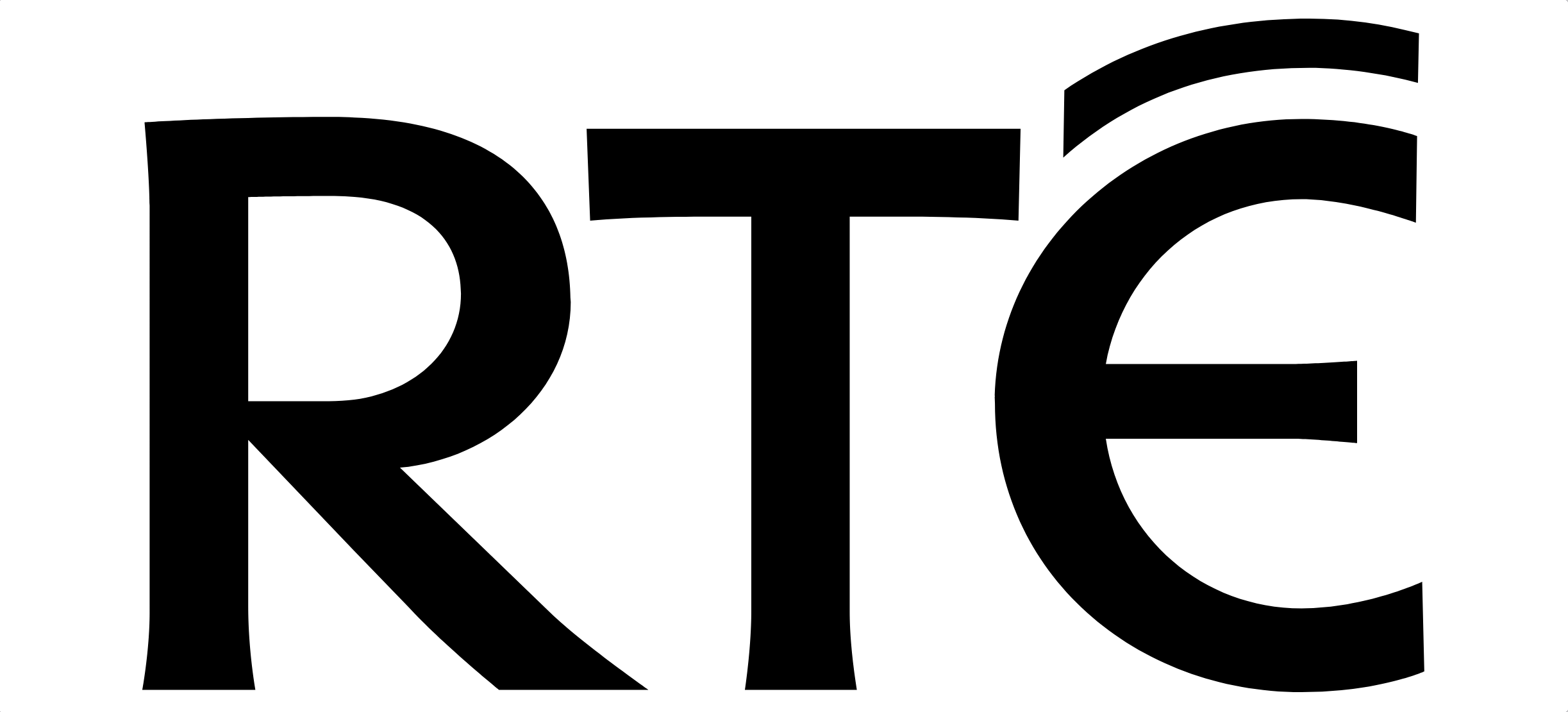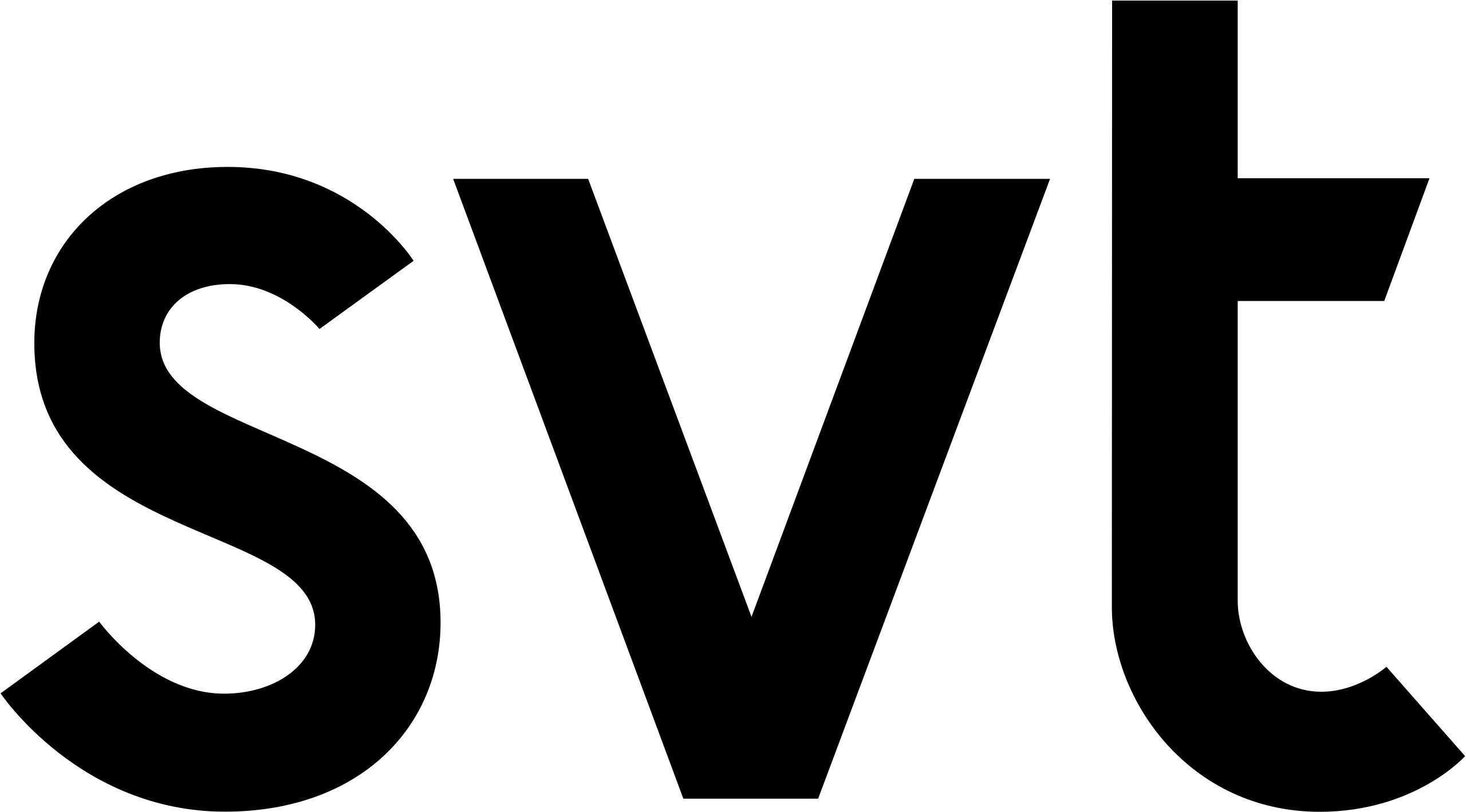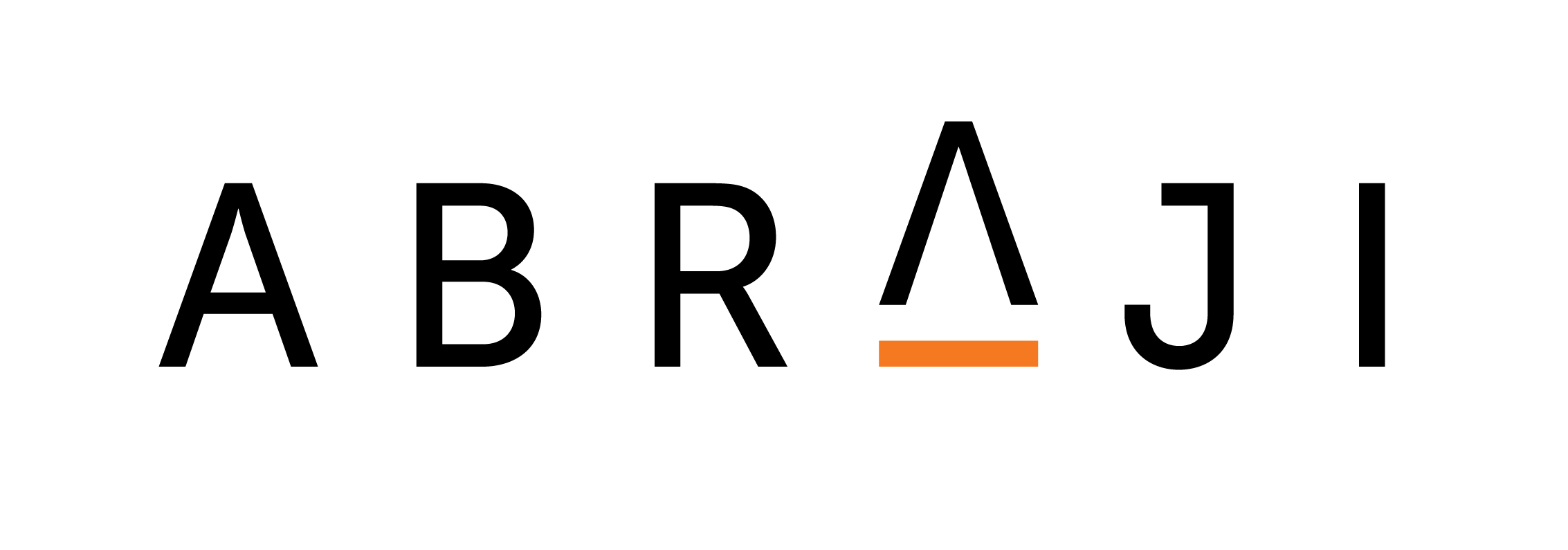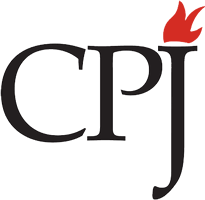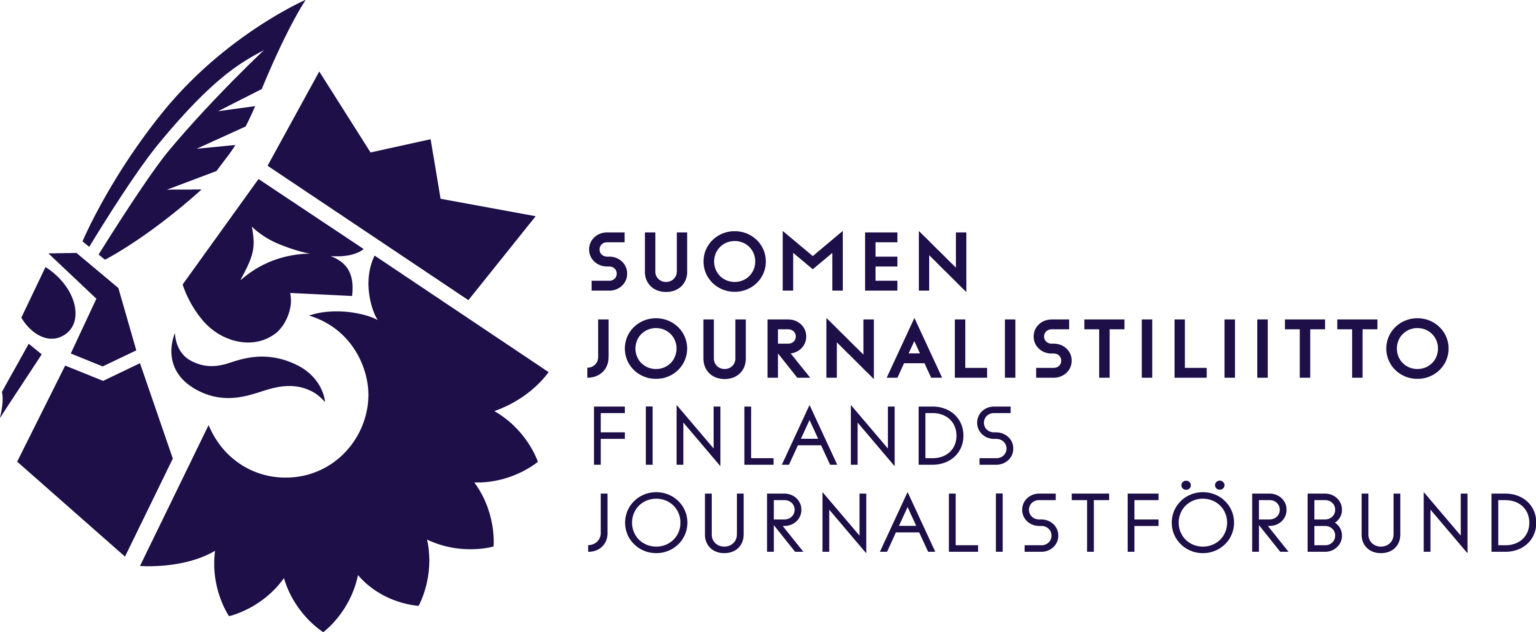The International Day to End Impunity for Crimes against Journalists on November 2 brings to the public’s attention crimes against journalists all over the world.
This day, with its rather unwieldy name, helps to highlight the seriousness of the situation – that in many parts of the world, people threaten, harass and even kill journalists without being punished for it. This is something that is wholly unacceptable and which not only has tragic consequences for the relatives and associates of the victims, but also impacts all of us who want to live in open, democratic societies.
Last year, UNESCO launched a website – the Observatory of Killed Journalists – which brings together the names of the journalists who have been murdered since 1993. At the time of writing, they number 1,360. So far this year alone, the figure is 43 men and women from all over the world.
Behind each and every chilling number, from 1 to 1,360, lies a life that has been extinguished, a voice that has been silenced, and a journalistic mission that is no longer being carried out in countries such as Mexico, Afghanistan, the Philippines, Ukraine and Honduras.
The list is long, and the number of unreported cases is also large. Even if murdered colleagues are not part of the everyday experience for journalists in Sweden, a country with a long and strong tradition of freedom of the press and freedom of expression, we are seeing hate speech and threats against journalists increasing here too.
According to a survey conducted last spring by the University of Gothenburg, 30 per cent of the Swedish journalists who responded to the survey had received threats within the last 12 months.
A parallel trend noted is that in recent years journalists have been approaching the security departments of their organisations when they are threatened more so than in the past, rather than reporting the matter to the police.
Earlier this autumn, a school official in the Swedish city Växjö was sentenced for threatening one of Swedish Radio’s reporters who was at the school to talk with disaffected students. This person shoved the reporter into a corner and tried to forcibly take notes and recording equipment from him containing source-protected material.
The reporter was there to do his job: to hold power to account and listen to the students. For Swedish Radio, the obvious thing to do was report the matter to the police. A prosecutor chose to indict – a clear indication that this was a crime to be taken very seriously. The school official was convicted in September by the District Court for serious arbitrary conduct, receiving a conditional sentence and fines equivalent to six months in prison. It sends an important message that there is a limit on what a society will tolerate.
At a time when there is increasing polarisation, journalists are being singled out as enemies and democratic values are at stake. But the line in the sand needs to be drawn more starkly, the message needs to be clearer and this cannot wait. Today, we have legislation in Sweden which means that the same penalty applies to threatening a private individual as it does to threatening a journalist. Both are serious crimes, and of course it is never acceptable to threaten anyone.
But the consequences of threatening a journalist are far greater. Such a threat has repercussions for the foundations of democracy – the will to ask questions and investigate, and ultimately for our open society. The survey conducted by the University of Gothenburg shows that journalists – consciously or unconsciously – are less inclined to cover certain areas or topics to avoid exposing themselves and their families to hatred and threats. This makes the issue of the safety and security of journalists incredibly important and urgent.
A society that falls silent becomes a poorer and less democratic society for all of us. It is a hopeful sign that the Prime Minister of Sweden, Stefan Löfven, in the Statement of Government Policy of 10 September 2019, expressly stated that "journalists must be given stronger protection under criminal law against threats and hate speech to enable them to fulfil their vital role in a democracy," but it is also important to continue to highlight this issue with the government, urging it to act as soon as possible.
As a representative of a media company and the person ultimately responsible for journalists who are doing their jobs every day – in spite of high pressure and verbal and physical threats – it is important for me to do all I can to actually get legislation in place that strengthens their protection. Well-formulated action plans and fine words are simply not enough.
It is important that threats, hate speech, harassment and violence against journalists lead to prosecution and punishment under the rule of law. And this applies to Sweden as much as to the rest of the world.
Cilla Benkö is the director general of Swedish Radio and an INSI board member. This article was previously published in the Swedish newspaper Dagens Nyheter. Image by AFP


